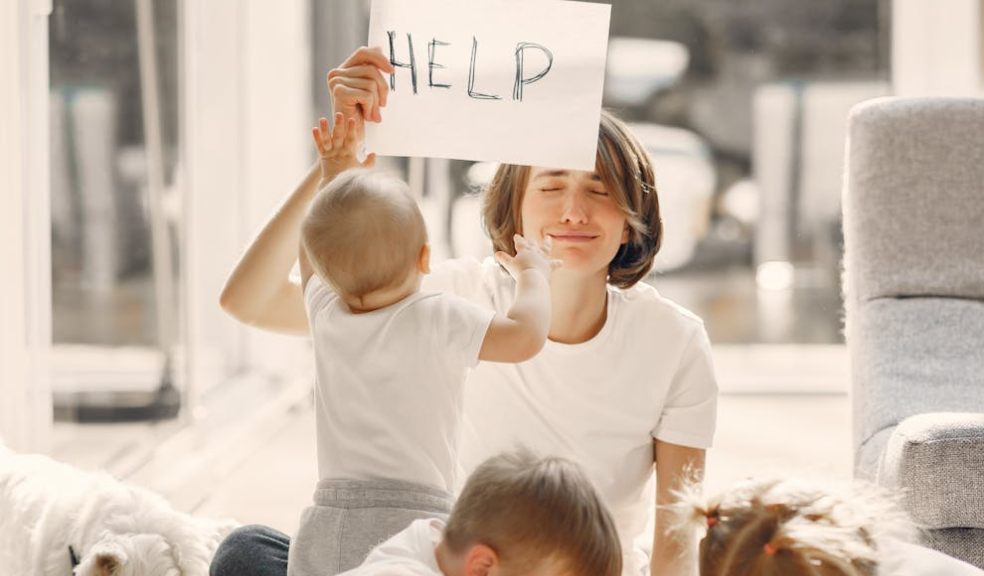
The Importance of Parent Support Groups for Mental Wellness
Being a parent or foster carer can be challenging at times. There are moments of tiredness, uncertainty, and big emotions - for both children and adults. It’s completely natural to wonder if you’re getting it right, and you’re not alone in feeling that way. That’s why support groups can make such a difference. They offer a safe, understanding space to share experiences, find reassurance, and connect with others who truly understand.
Why Isolation Hits So Hard
When you're in the thick of parenting challenges, it's easy to think you're the only one struggling. Your friends without kids don't really get it when you explain why you can't meet for drinks because your teenager is going through a rough patch. Social media makes everyone else's family look perfect. You start wondering if you're failing.
This isolation feeds anxiety and depression. You second-guess every decision. Should you have been firmer about bedtime? Was that meltdown your fault? The questions spiral, and without other parents to reality-check with, things can get pretty dark.
For foster carers, isolation can be even more intense. Your agency, such as Clifford House Fostering, should connect you with other carers who understand what it's like when a child arrives with a bin bag of belongings and a head full of trauma. These connections aren't just helpful; they're crucial for your sanity.
Real Talk from Real People
Support groups give you access to people who've been there. Not textbook theories, but actual "my child did this and here's what worked" advice. When your 8-year-old is refusing school and you've tried everything, hearing from another parent who went through the same thing can be a lifesaver.
Foster carers get particular value from hearing how others have handled contact visits, worked with social workers, or helped children process their experiences. These aren't situations most birth parents deal with, so having that specialist knowledge matters.
Someone Finally Gets It
There's something powerful about sitting in a room and hearing someone else describe exactly what you're going through. Suddenly you're not the terrible parent who lost their temper last Tuesday; you're just a human, dealing with genuinely difficult stuff.
Building Your Emotional Toolkit
Regular group attendance helps you develop better coping strategies. You learn to spot your triggers, find techniques that actually work, and build confidence in your parenting instincts.
Foster carers can supplement group support with help from their agency's social workers and therapeutic teams, but peer support often feels more immediate and practical. Many agencies actively encourage their carers to build these networks.
Making It Work
Getting to a support group isn't always easy. Childcare, work schedules, and sometimes just the energy to leave the house can be barriers. But the investment pays off. Whether it's a formal group through your local authority or an informal coffee morning with other parents from school, these connections matter.
Parent support groups are a necessity for maintaining your mental health while raising children. They provide both practical help and emotional support that can make the difference between surviving and thriving as a parent or carer.













